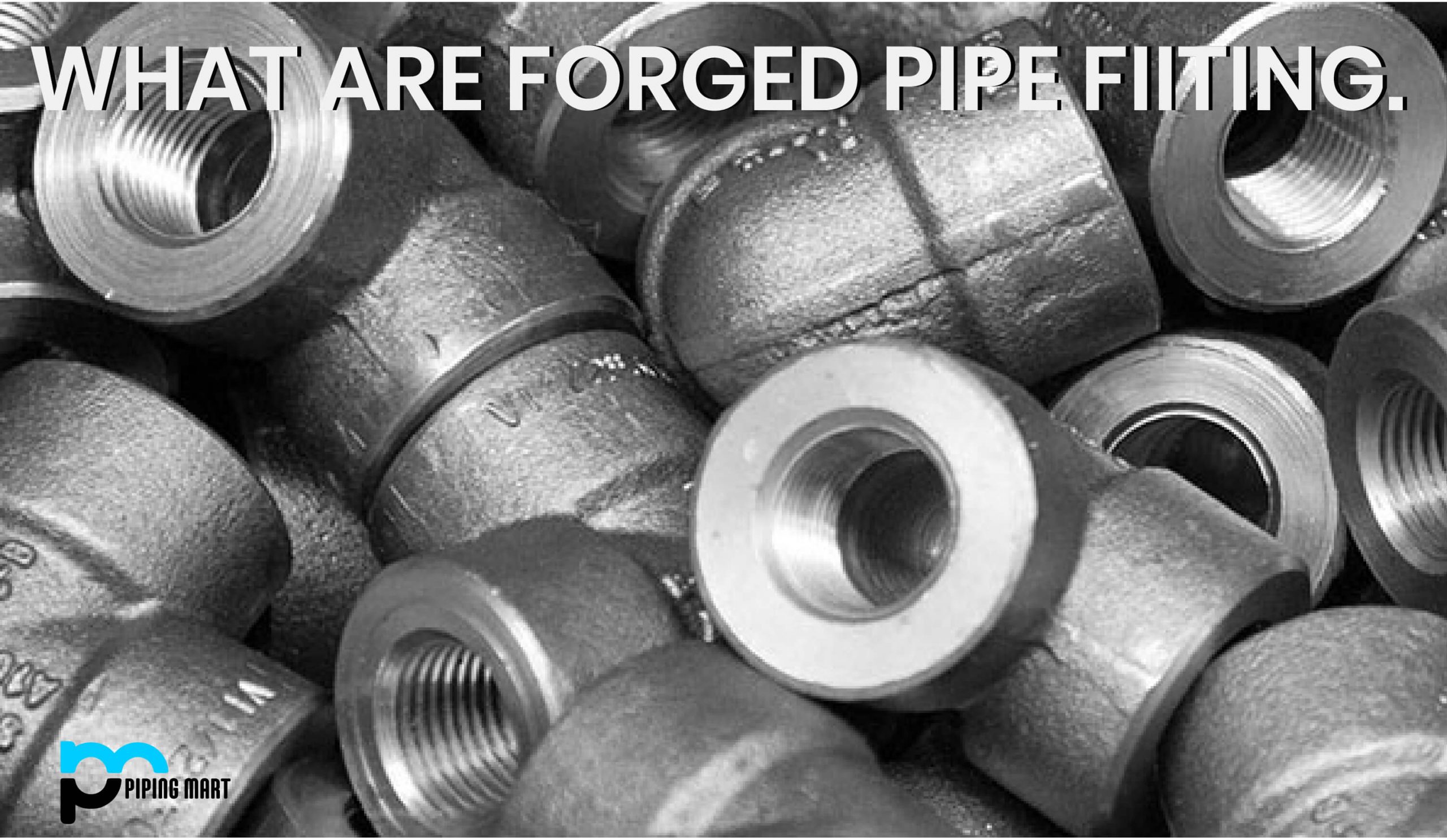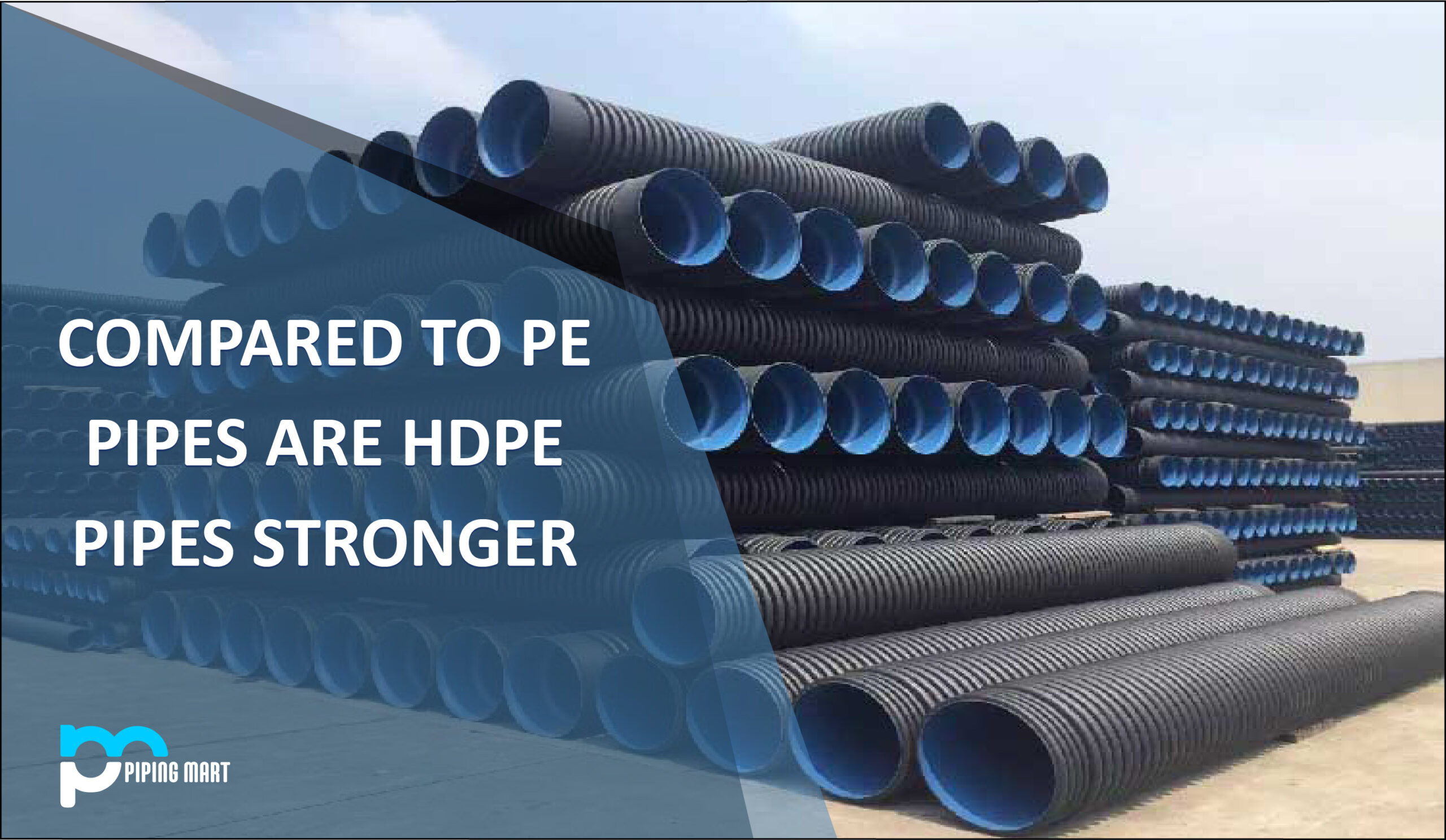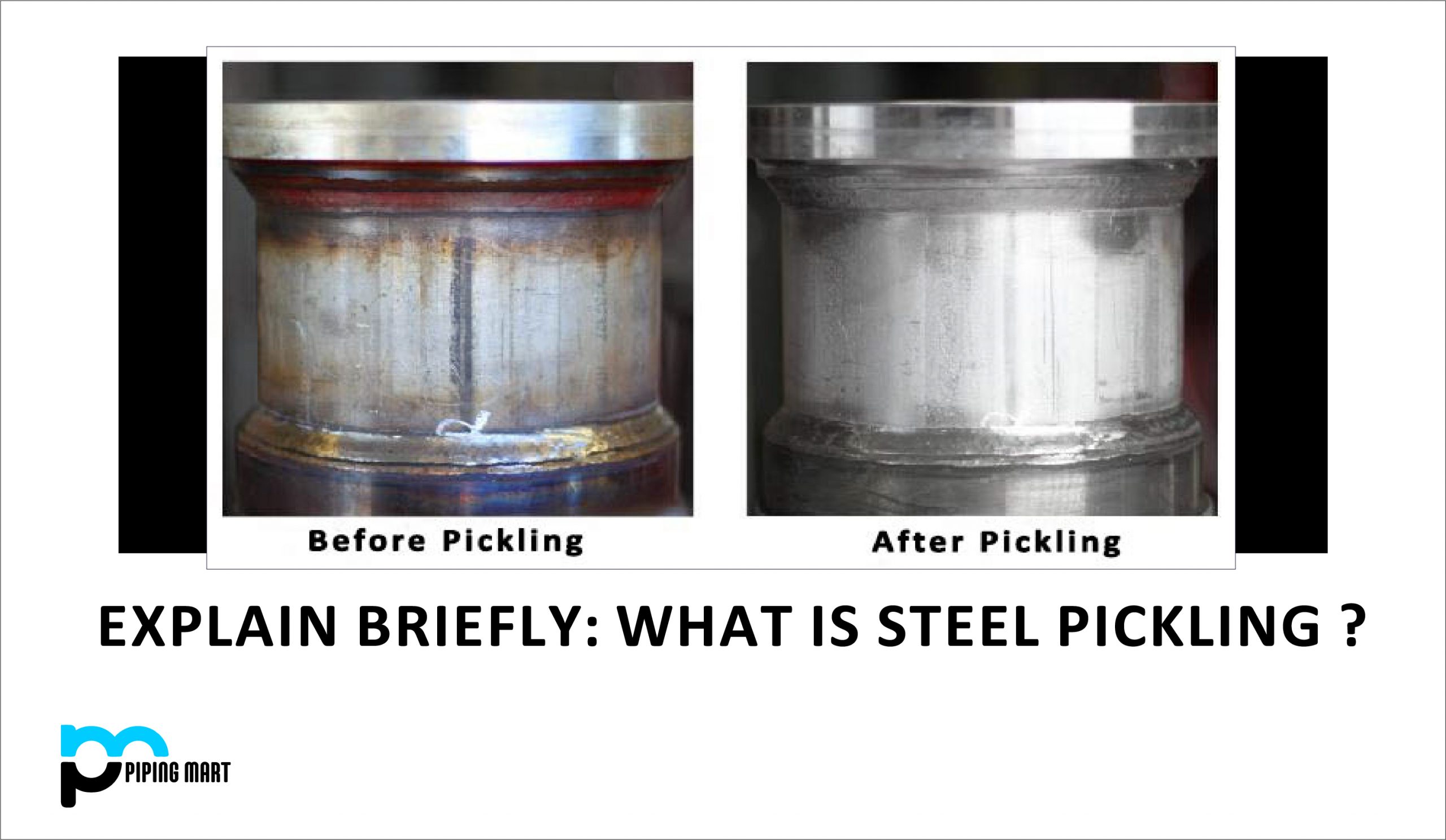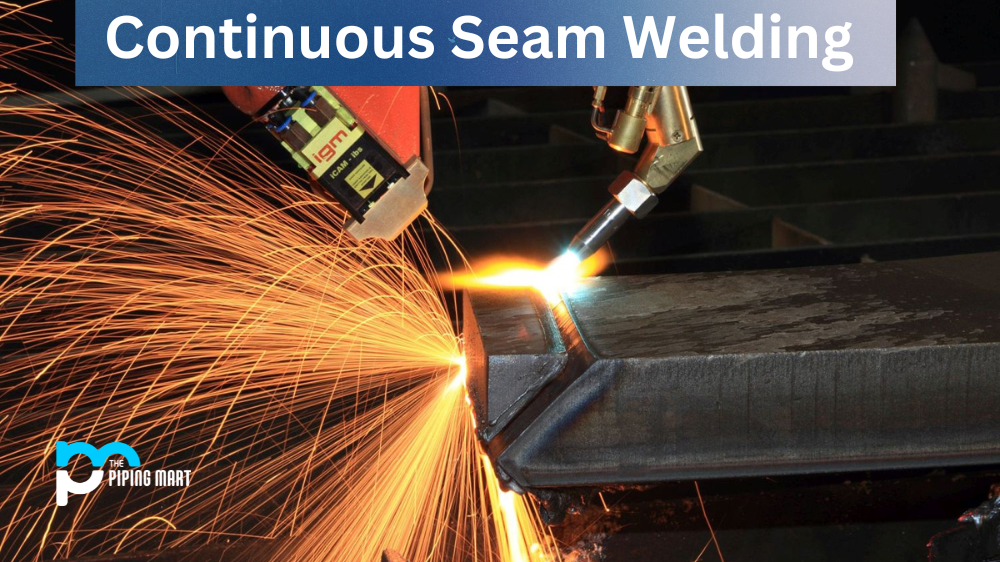Forged pipe fittings are available according to ASME B16.11, MSS-SP-79\83\95\97, and BS3799 standards and specifications. These fittings are useful in connecting nominal bore pipes. They are of carbon steel A105 and stainless steel SS316 material. The size of these fittings varies from 1/8” to 4 inches. These fittings received its name due to the manufacturing process, which involves forging. During the manufacturing of these fittings, the raw material, i.e., steel alloy or carbon alloy, is subjected to temperature and formed into a customizable shape.
Forged Pipe Fittings are available in socket weld pipe fitting and threaded pipe fitting form. These pipe fittings are made of A105 carbon steel, stainless steel, and even nickel alloy. All these raw materials work well for the formation of pipe fittings. Forged pipe fittings are heavier, thick, and intended to use in heavier applications. These pipe fittings show 2000#, 3000#, 6000#, and 9000# pressure classes.
Understand the different types of forged pipe fittings
Several types of fittings are available in the market, and one can choose optimum from them. The fitting types include 90D elbow, 45D elbow, straight coupling, three-piece union, and three-way tee. Besides, end cap, end plug, hex nipple are also available.
Here, 3 Way tee is present in T-shape and shows one inlet and two outlets. These types of fittings are useful in combining the flow from two channels to one outlet. Here, the reducer helps the system reduce the flow size significantly to a smaller direction.
Uses and applications of forged pipe fittings
A forged pipe fitting has a wide range of applicability due to its high quality and higher strength to carry higher pressure. Its wall thickness is more familiar than other types of fittings. Wall thickness helps them useful in the threading process or machining of socket weld end.
The standard available for forged fittings, i.e., ASME B16.11, contains specific pressure-temperature numbers, tolerance limits, dimensional accuracy, markings, and material requirements. It makes these fittings useful in chemical industries, power generation units, and the oil & gas industry requiring high pressure and extremely corrosive conditions.
Forged pipe fittings are applicable in changing the piping system’s direction and ultimately change the stream’s direction. These pipe fittings are famous for its resistance, leakage-free working, precise dimension, and smooth finish. Such highly durable products are useful in heavy operations for the complete sealing of a line.
Manufacturing of forged pipe fittings
For the production of every marked pipe fittings, manufacturing companies follow specific standard procedures and norms. Every forged fitting shows a permanent marking with the required credentials on the collar part. The purpose of this marking is to keep the user informed while identifying the specification of pipe fittings. Also, it allows the smooth running of purchase and selection procedures. Every forged pipe fitting shows various marks, including manufacture trademark, country of origin, standards, size, work pressure capacity, material, and pressure.
The standard pressure limit for forged pipe fitting varies from 3000 and 6000 lbs. Generally, carbon steel material works well as standard material grade. Another material, such as SS 316, creates an impression on the fitting body.

Pipingmart is B2B portal specializes in industrial, metal and piping products. Also, share latest information and news related to products, materials and different types grades to help business dealing in this industry.




